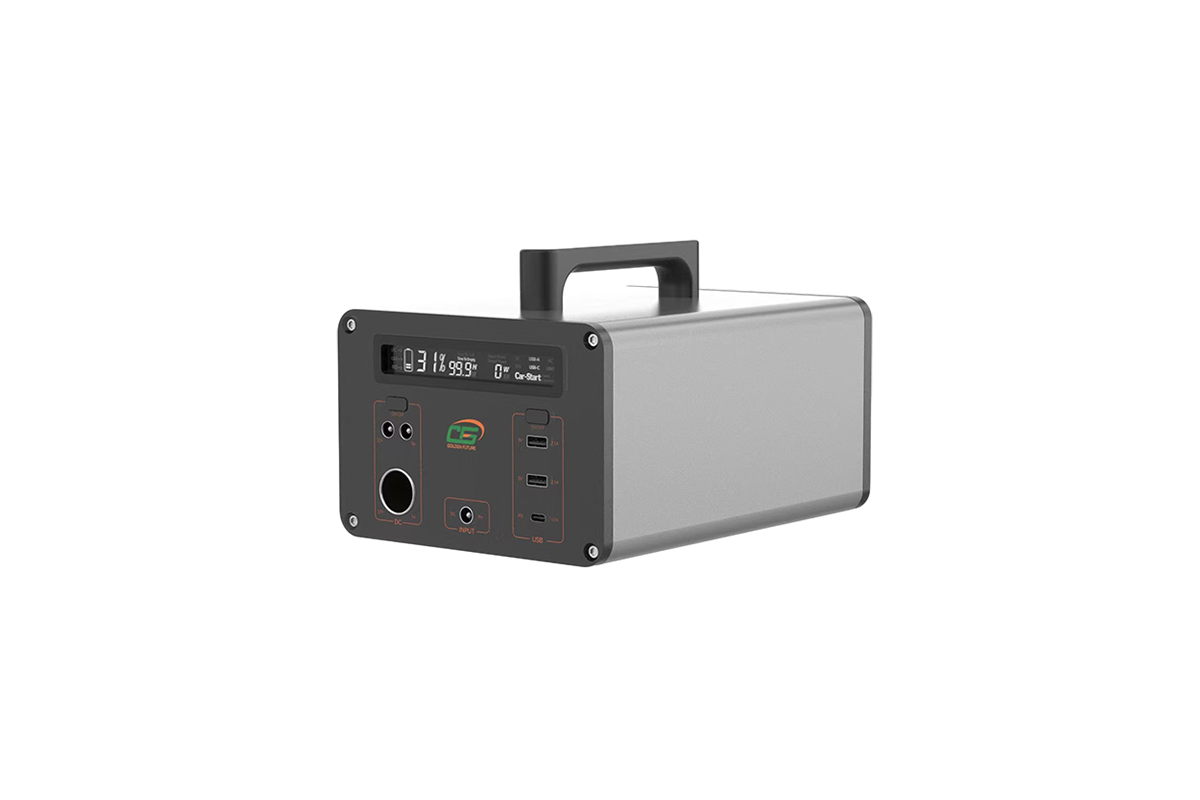

Time:2025-04-23 Views:1

The cost of a 48V energy storage lithium - ion battery can vary significantly based on multiple factors, including capacity, brand, manufacturing technology, and market demand. These batteries are widely used in applications such as electric bicycles, golf carts, and small - scale energy storage systems, and understanding the cost determinants is crucial for both consumers and businesses.
One of the most influential factors is the battery's capacity, usually measured in ampere - hours (Ah). Generally, the higher the capacity, the greater the cost. For example, a 48V lithium - ion battery with a relatively low capacity of 10Ah may cost around $100 - $200. This type of battery is suitable for applications with moderate power requirements, such as some lightweight electric scooters. In contrast, a 48V battery with a 50Ah capacity can cost anywhere from $500 to $1000 or more. Such high - capacity batteries are often used in electric vehicles or larger energy storage setups where extended operation without frequent recharging is necessary.
The brand of the battery also plays a major role in pricing. Well - established and reputable brands typically charge a premium for their products. These brands often invest heavily in research and development, quality control, and customer service. For instance, batteries from well - known manufacturers like Tesla, LG Chem, or Panasonic may cost 20 - 50% more compared to lesser - known brands. Consumers are often willing to pay more for branded batteries due to their perceived higher reliability, longer lifespan, and better after - sales support.
Manufacturing technology and materials used in the battery also impact the cost. Lithium - ion batteries with advanced chemistries, such as lithium - nickel - manganese - cobalt - oxide (NMC) or lithium - iron - phosphate (LFP), tend to be more expensive. LFP batteries, known for their high safety and long cycle life, are increasingly popular in energy storage applications. However, their production may involve more complex processes and higher - quality materials, driving up the cost. Additionally, batteries with features like built - in battery management systems (BMS) are usually priced higher. The BMS helps monitor and control the battery's performance, ensuring safety and optimizing its lifespan, adding value to the product but also contributing to the overall cost.
Market demand and supply conditions also affect the price of 48V energy storage lithium - ion batteries. During periods of high demand, such as when there is a surge in the adoption of electric vehicles or the growth of the renewable energy industry, prices may increase due to shortages. On the other hand, increased competition among manufacturers or advancements in production technology that lead to higher production volumes can drive prices down. In summary, the cost of a 48V energy storage lithium - ion battery is a complex function of multiple variables, and potential buyers should carefully consider their specific needs and budget when making a purchase decision.
Read recommendations:
Smart Home Lithium - Ion Energy Storage Batteries